The organic fertilizer it is essential for those who grow an organic vegetable garden. In fact, cultivating the land organically does not mean leaving the crops to themselves, with only water and sun, but rather providing the right care and giving the soil adequate organic fertilization. By this term we mean i fertilizers of natural origin. The latter, precisely, have the purpose of enriching the soil with organic substance, which is essential for the healthy and luxuriant growth of plants. Exist organic fertilizers of different nature, and are divided into those of animal origin and those of vegetable origin. There are many types, in this article we see which are the best organic fertilizers absolutely, also taking into account the ease of their retrieval.
Fertilizing with manure
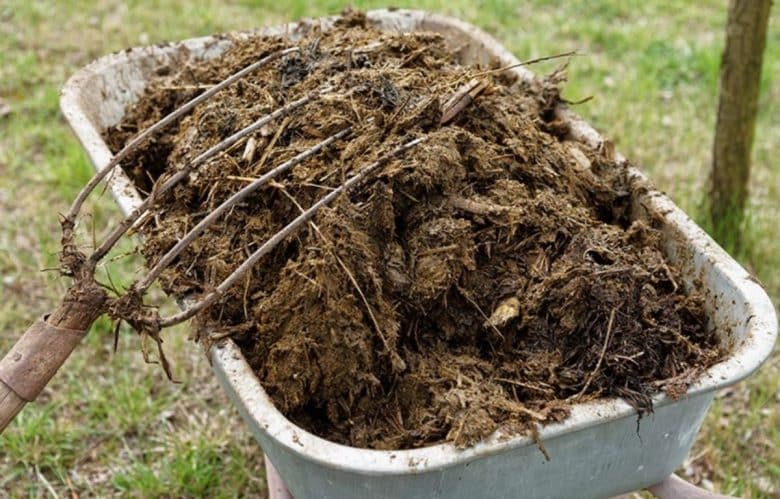
Among the various organic fertilizers, manure is the most widespread and traditionally used among organic farmers. We are talking about manure of animal origin, coming only from animal farms conducted according to the regulation of the organic sector. The manure is mostly composed of the excrements of the following animals:
- cattle
- sheep
- goats
- equine
- poultry
Characteristics
Depending on the animal of origin, the manure has specific characteristics. In addition to manure, there is also a share of organic substance present in the litter, for example straw. Manure is an excellent organic fertilizer and contains the most important nutritional elements for plant growth, namely: nitrogen, phosphorus and potassium. It is also rich in meso-elements such as calcium, magnesium and sulfur; and trace elements such as iron, zinc, copper, boron, etc.
Precautions and suggestions
This organic fertilizer is an excellent soil conditioner farmland. Amending the soil means enriching and improving its structure, to make it more suitable for cultivation. Unfortunately, it is no longer so easy to get good organic manure. Intensive farming no longer produces this type of organic fertilizer. The ideal would be to have, in addition to the vegetable garden, also a small farm of farmyard animals.
One piece of advice we always give is to use only mature manure, that is, free from fungi and bacteria. In fact, using fresh manure can be a risk for crops.
The organic manure fertilizer
The most practical and economical alternative to manure is lo pelleted or powdered manure. It is nothing more than dried manure, placed in special bags of more or less contained dimensions. In this way it overcomes the limits of the difficulties of transport and storage in the warehouse of manure as it is easy to find (find it here). In our opinion, for this very reason, it is among the best organic fertilizers available on the market.
For whom it is recommended
It’s perfect for who cultivate the organic vegetable garden on small plots and especially in urban environments. It is also great for whom grow potted plants.
pros and cons
If it is true that the nutritional elements present in manure are completely similar to those of manure, it is also true that it is less good as a soil improver. However, being concentrated, in pellets or powder, it takes very little to properly fertilize the garden soil. But for this very reason, unfortunately, he is unable to modify its structure in an incisive way. From another point of view, its great advantage is that it is very economical.
Organic compost
In recent years the practice of own production of domestic compost. With composting, the organic fraction of the waste is recycled in the home to obtain an excellent fertilizer to be used in the garden. It is therefore, first of all, a good ecological practice through which we implement a virtuous circle of recycling and reuse. Making compost in the garden is very simple, just build your own composter. But if you don’t have the time or desire to build it yourself, you can too buy it online (you can find it here).
The rules for a good compost
To make a good compost you must follow some rules, such as continuous aeration and the right fermentation period. Also avoid adding organic residues of plants treated with pesticides to the compost. The compost, once mature, can be used in the garden to fertilize all crops in a natural way. Having a very low concentration, it can be used in abundance, even for amending the soil.
Organic fertilization with earthworm humus
L’earthworm humus is an organic fertilizer that derives directly from the activity of earthworm farming, that is the breeding of earthworms. These are small animals naturally present in the soil, which thanks to their work and manure, enrich the earth with organic substance, i.e. humus. With this activity we do nothing but artificially replicate their natural activity. For earthworm humus, a so-called litter is used, consisting of animal manure, of which earthworms are particularly greedy. Through the maturation of the litter an excellent organic fertilizer is obtained to be used in the garden.
Benefits
The great advantage of earthworm humus over manure and manure is that it is a clean natural fertilizer, i.e. it does not release bad odors. It also has excellent concentrations of the nutritional elements necessary for plant growth. It provides crops with immediate nourishment, but which at the same time is released slowly and constantly, without risking excesses and burns. It provides the soil with a balanced C / N (carbon / nitrogen) ratio, which is essential to ensure that the roots are able to absorb all the nutrients. Earthworm humus is also easy to get rid of find in specialized stores (you can find it here). It is also quite inexpensive.
The ground lupins
Among the most interesting organic fertilizers of vegetable origin, there are the ground lupins. It is an ideal fertilizer for those who grow citrus fruits, such as lemon and the kumquator in general acidophilic plants, such as the strawberry treethe myrtle or the American giant blueberry. Self grown lupins, this organic fertilizer is easy to produce at home, with the raw grind of these dried legumes. Otherwise you can with ease find them in specialized stores (for example here).
Nettle macerate as an organic fertilizer
Everyone knows the qualities of nettle macerate as a natural pesticide. However, few people know that this organic remedy can also be used as an organic fertilizer of plant origin. In particular, to fertilize the garden, it must be used as it is, concentrated, with a maceration time of 15 days. It is a product rich in nitrogen and other organic trace elements. It has no cost, because we can do it ourselves by collecting this fantastic spontaneous plant which is the nettle.
Fertilization with wood ash
Among the most popular organic fertilizers there is certainly the wood ash. It is precisely the residue of the combustion of the wood. Anyone who has a fireplace, therefore, knows that a lot of it is produced during the winter season. The exact nutrient content for plants depends on the starting wood. However, all types of wood can work as long as you are not using chemically treated wood. The best ash to fertilize is the one that comes from burning the olive branches and its leavesmaterial that is produced in abundance following the periodic operations of pruning of this tree. As a nutrient, it provides above all potassium, a fundamental element for making fruits ripen correctly.
Benefits
The use of ash as an organic fertilizer is very advantageous. First of all because it is at no cost. It is also a good ecological practice, since the ash used in this way returns to the earth and does not end up in the waste pile. However, care must be taken in using ash as an organic fertilizer, that is, we must not overdo it, especially in clayey and compact soils, or if we are cultivating acidophilic botanical species. Consider that in a vegetable garden, the average amount of wood ash to be used without problems is about 200/300 g to square meter.
Liquid organic fertilizers
The list of organic fertilizers that we have seen are used in the garden especially in phase soil preparation. If you fertilize well, amending the fertilizer correctly on the ground, there is no need to subsequently supplement the fertilization. Plants are able to find enough nutrition throughout their cycle. However, it is not certain that the soil has been fertilized in time, in the right way and in the right quantities. We can then find ourselves faced with very poor or over-exploited soils, which need frequent fertilization during the crop cycle. In these cases, it is advisable to use liquid organic fertilizers, which give nutrients to plants readily available for the root system. Among these, widely used in organic are the humic acids (found here).
When to use liquid organic fertilizers
The liquid fertilizer is perfect to be used through theirrigation system, with simple fertigation systems. This type of organic fertilizers it is easily found on the net and their cost is accessible to all.
However, they do not have amending power and therefore the ability to improve the structural characteristics of the soil. But for their specific use, that is to fertilize the garden in a short time, they are excellent. Be careful to carefully read the label of the products you buy. In order not to incur nasty surprises, there must be the wording “product allowed in organic farming”.

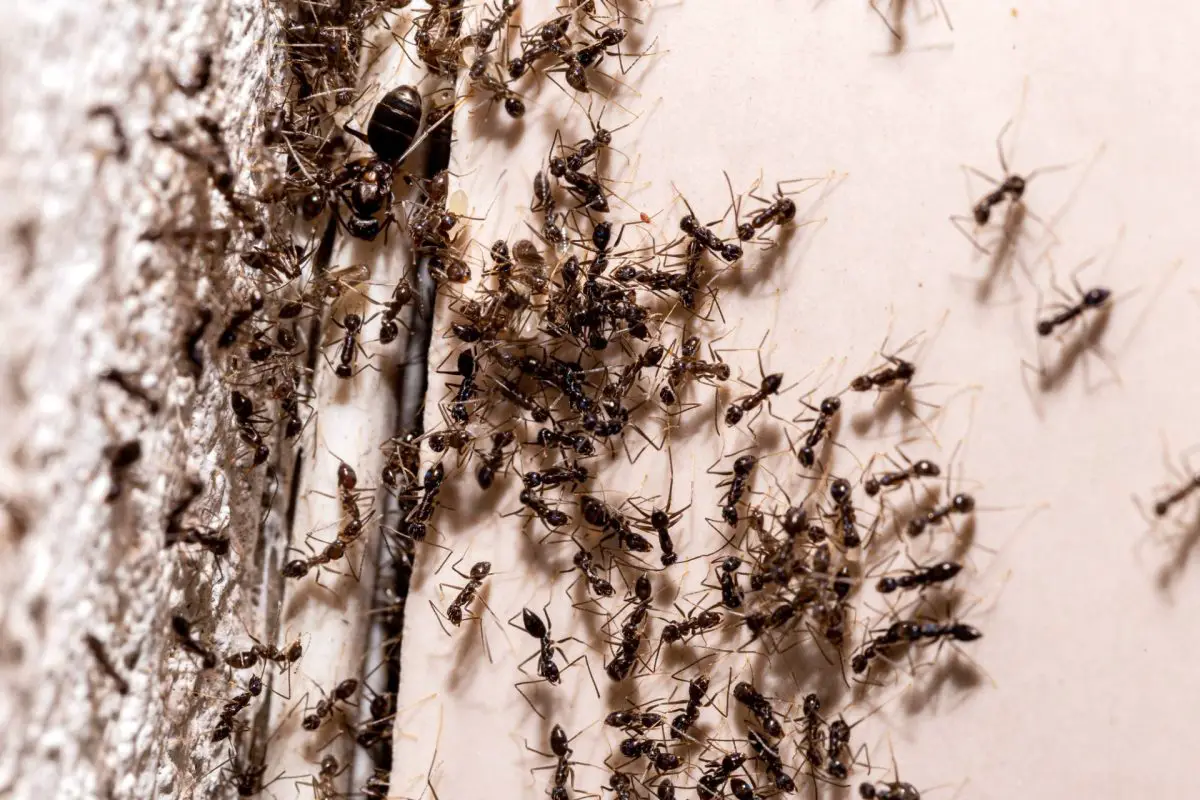
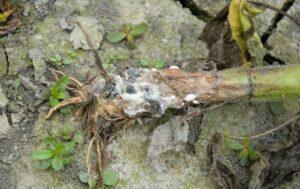
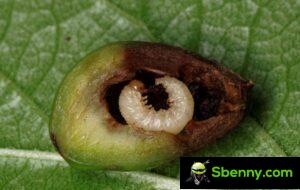
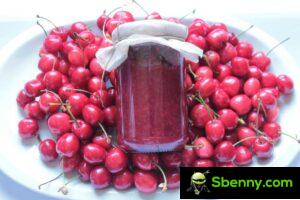
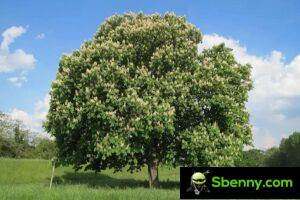
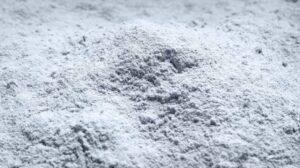
Start a new Thread